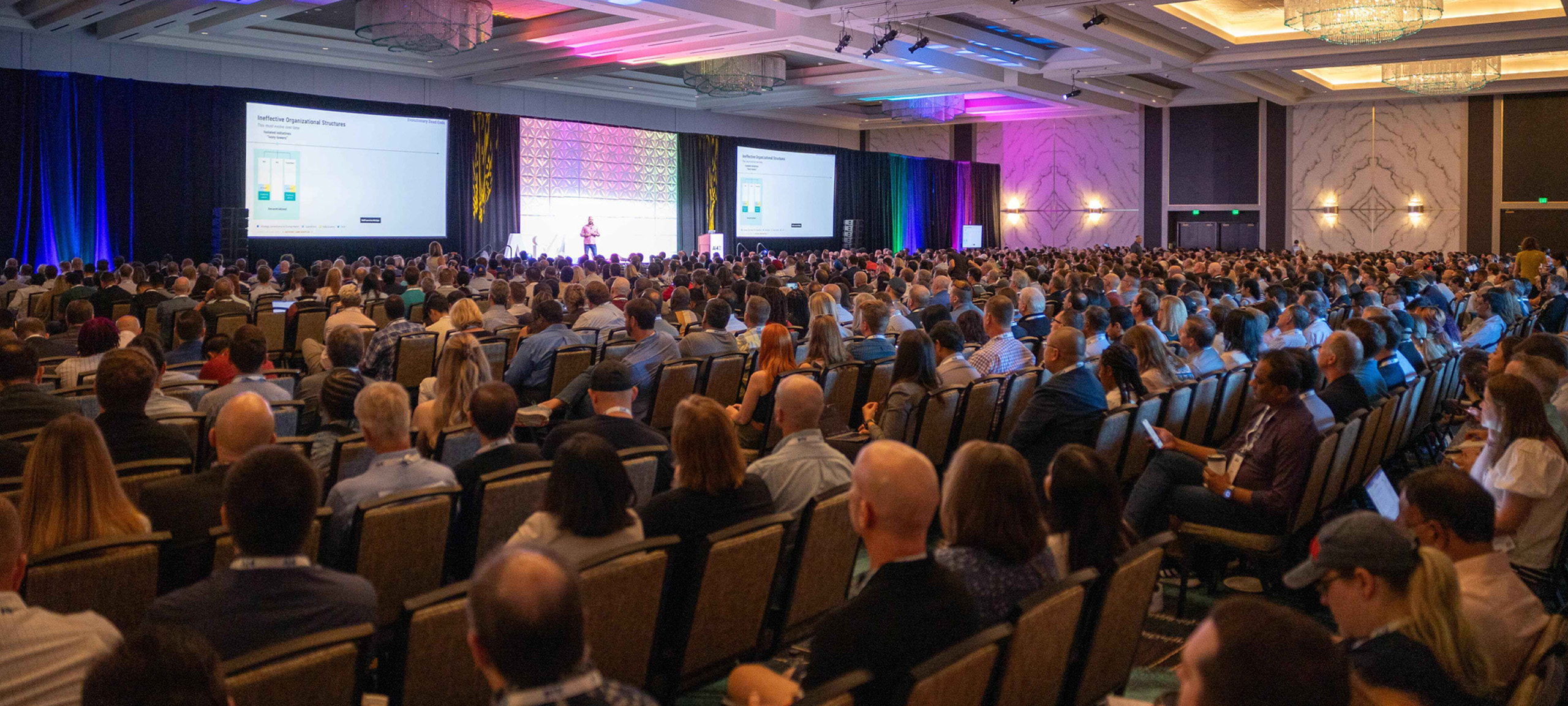 BACK
BACK
How AI Has Changed Marketing
By Ai4September 09, 2020
During this webinar, industry experts discussed how AI has changed the marketing industry. We’ve included a short transcription of the webinar, beginning at 6:14 of the webinar.
Michael Weiss, Ai4: So from a high-level, we're starting from a 30,000 foot view. How has AI changed marketing and explain it as if I'm 10 years old. This question is not meant to get caught up in the weeds. Somebody jump in.
Mery Bay, Uber: I can go first. What I'm seeing recently is, especially on targeting sites and especially one for existing users, you could be very targeted with AI and in certain behaviors and predict them. For example, we can now build models for very targeted months for cross-sell or upsell or re-engagement, meaning you can predict if someone is going to do another order or another trip. Not because they will anyway, but they will do it because you show them an impression or you send them an email or you send them a promotion so you can really understand the incrementality of those behaviors given that there's a marketing intervention.
These models can save a lot of money, especially if you are giving people promotions. You can only send it to people who otherwise wouldn't take action so you don't waste your promotions that way; you don't send it to everyone. You can also understand some of the harder problems with the same type of methodology as like, what is the value of for example, in the context of Uber and the ride-sharing business. What is the value of someone taking an airport trip on the long-term lifetime value. And there was the first premium right through and you can tease that out and that way you can determine how much to pay for that impression if you know the value. That way you can actually optimize for your bottom line and then top line revenue growth. So with the investment of the big data and modeling capabilities, our targeting becomes very accurate.
Michael Weiss, Ai4: Yeah. Yeah, definitely with you and then yeah, Ashish, you've been in marketing for a while. What did it used to be like before personalization and AI and data science was part of this field. What did he used to be like?
Ashish Agarwal, Humana: Yeah. So first of all, before I give my point of view on what you asked, I want to caveat it by saying that I have been looking back very fortunate even 15-18 years back. I was fortunate to work for organizations and be part of organizations that are always at the cutting edge of analytics even back in the day, right?
So back in the day when a lot of analytics used to happen in Excel and some of the Mainframe and things like that, so the other language like SAS and all of that, we were still like Capital One back in the day or HSBC long time back in the day in financial services or Ally Bank that I was a part of, they were always at the cutting edge back in the day. So I've always been used to being a part of cultures where you are doing your response modeling, pricing modeling, sophisticated targeting, to really drive your strategies.
Where I think AI has made a difference is in my experience, building on what Mert said, AI has enabled analytics at scale. You can not only think about optimizing five different point solutions, but those Point Solutions also on its own can handle some really large, complex problems. So I think that is one aspect I see and the examples in my experience are across pricing, across creative testing versus humans looking at past wins in marketing messaging and creatives. You actually feed it into a model and the model tells you what it looks like for this particular segment. This is the kind of choice of words that you should be going for. So in my experience, I would say it's really enabling analytics at scale.
Now going to your question, how did it used to be earlier? Talking to my peers, organizations where analytics was not back in the day at a cutting-edge. I think what AI has done is with the democratization of computing power and some of the AI tools and packages, I think this has just brought analytics to organizations of various sizes. Like I am still involved in the advisor capacity with some early stage startups. The kind of analytics they are able to do when you are like a seed stage or even pre is something that 15 years back you couldn't have thought of.
Michael Weiss, Ai4: That's interesting. Yeah. Yeah Jaap, you are immersed in the AI startup world specifically and do you see, is there a large gap between the marketing capabilities of one of your portfolio companies versus the marketing capabilities of Google, for example, your parent company?
Jaap Ruoff, Gradient Ventures: So actually in a way, no. There's a lot of disciplines within marketing that even with AI stay very similar and that are very core to the discipline like messaging and positioning that are quickly very strategic and so a lot of our companies aren't marketing companies, but they apply AI in a way that it makes something particularly better. For example, one of portfolio companies helps you learn a language and not only learn the language itself and speak it better but also pronounce it better. So because all this data can be super quickly analyzed and it can be processed on the cloud, it can now instantly analyze your sound byte and return to you what you need to pronounce differently. So for a company like that, the actual marketing capabilities that are driven by AI are kind of playing the same space, but obviously the marketing field has also itself been rapid revolutionized by AI.
There are some obvious tools that everyone has to their disposal like in digital marketing there are a lot more capabilities, like for example with dynamic search ads like within Google, there's a lot more like auto-generated content and experimentation that can automatically happen. Similarly, there are tools in the content marketing space. For example, there are tools like Market Muse or phrase.io where basically it scrapes all the content from the web and looks where are the gaps in terms of what is out there and what people are searching for. Now that is not something that would have been possible before cloud computing at all. So, as a marketer, there's definitely different tools to your disposal that you're now super supercharged with.
And so obviously because of that another way that I would have seen impacted marketing as a discipline is actually the way that you hire. So rather than in your hiring only looking for talent that has the brand and communication side of marketing and the performance marketing side, there is a much stronger analytical component. So those are some of the ways that I think about it.
Learn more and watch the full video on YouTube: https://youtu.be/JQsWgvsV5Xk.
Recent Posts

Highlights from 2023: Notable Advancements in AI
As we delve into 2024, it’s an opportune moment to reflect on the dynamic landscape...
By Daniel LacklandApril 26, 2024

Top AI Conferences of 2024
By Jessica GallagherApril 17, 2024

Developing Computer Vision Applications in Data Scarce Environments
Introduction In today’s digital era, computer vision stands as a transformative technology, driving innovations across...
By Sumedh DatarDecember 12, 2023